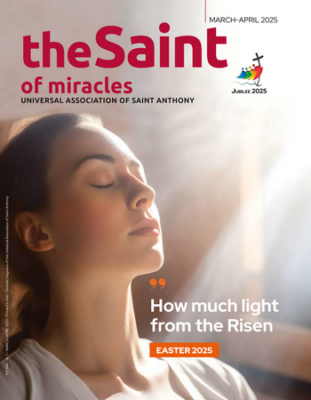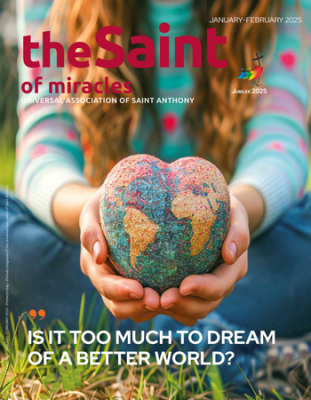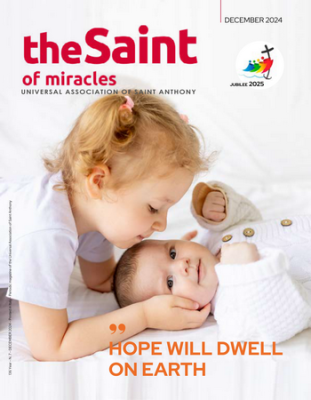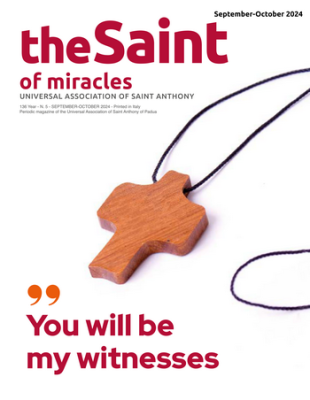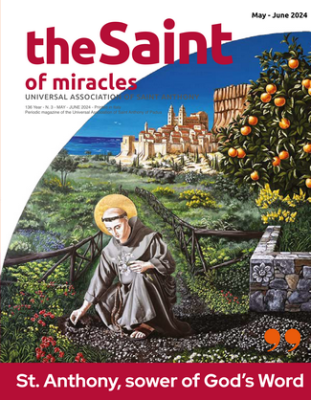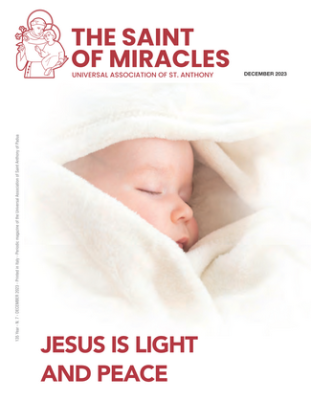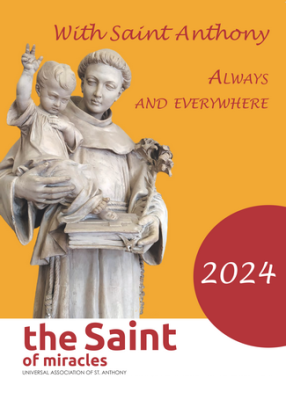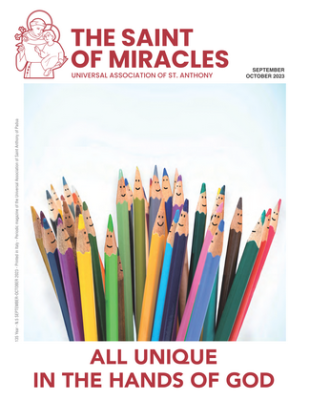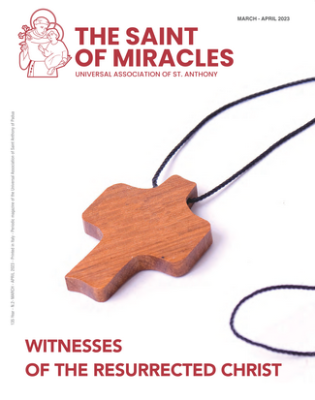Year 135 - July-August 2023Find out more
The neighbour’s grass
Fr. Livio Tonello, director

In summer the sea and mountains, lakes, hills, gardens and the all nature seem to smile. In winter many plants stop growing or slow down, in spring nature puts on new garb, and in summer we enjoy scented flowers blooming and long sunny days. How many flowered balconies and well looked after gardens we admire! It is like a competition to make your home more beautiful with a bit of pride.
The healthy competition inspires us to do our best. But could it become jealousy in the worst case? Because as we say the neighbour’s grass is always greener. This idiom may mean that other people always seem to be in a better situation than you; it encapsulates the human quality of always wanting something different than what you have.
It makes me think about the incapacity to appreciate the good around us and to denigrate the others for not appreciating the good they do. It can be dramatic if this happens in the world context as in boundary disputes: adverse possession claims for economic reasons, to establish political supremacy... In this case the neighbour’s grass is not only greener but more tempting, more attractive... and the neighbour becomes a competitor, a rival and at the end an enemy.
Unfortunately this happens everywhere and every day! The humble herbs of the fields do not compete with each other. Only the invasive ones stifle the other herbs. Unfortunately we do not have a unique gardener who takes care of our planet to make space for the endless variety of plants. The “divine gardener” decided to entrust to his children the responsibility of protecting his creation. But looking around they found out that there is a “greener grass” to conquer.
But, as an African proverb says, “when elephants fight it is the grass that suffers”. Anyhow we can find a solution: if your garden is looks better than mine I have to take more care of it; if it is lusher maybe I have to water it more... We can make our world a more peaceful place and be pleased with the divine gardener who “saw how good it was” (Genesis 1,12). “Because God flourishes in the fields/ he spreads and he blooms again. / As the only sin, the origin of all the other mistakes / is not to have understood that the Earth belongs to God / that he is into the heart of the does / and under the wings of the swallows” (Father David Turoldo).


 Italiano
Italiano Français
Français
